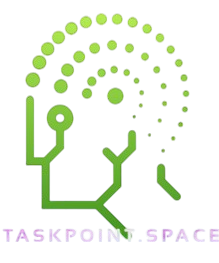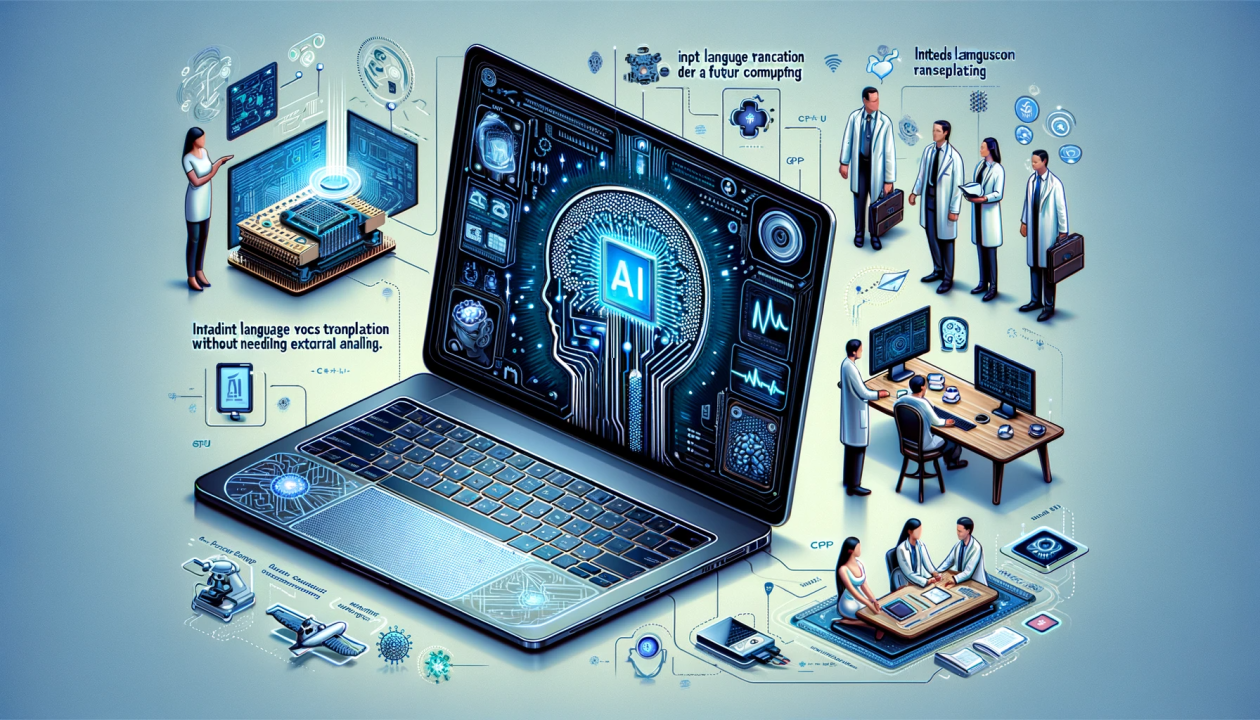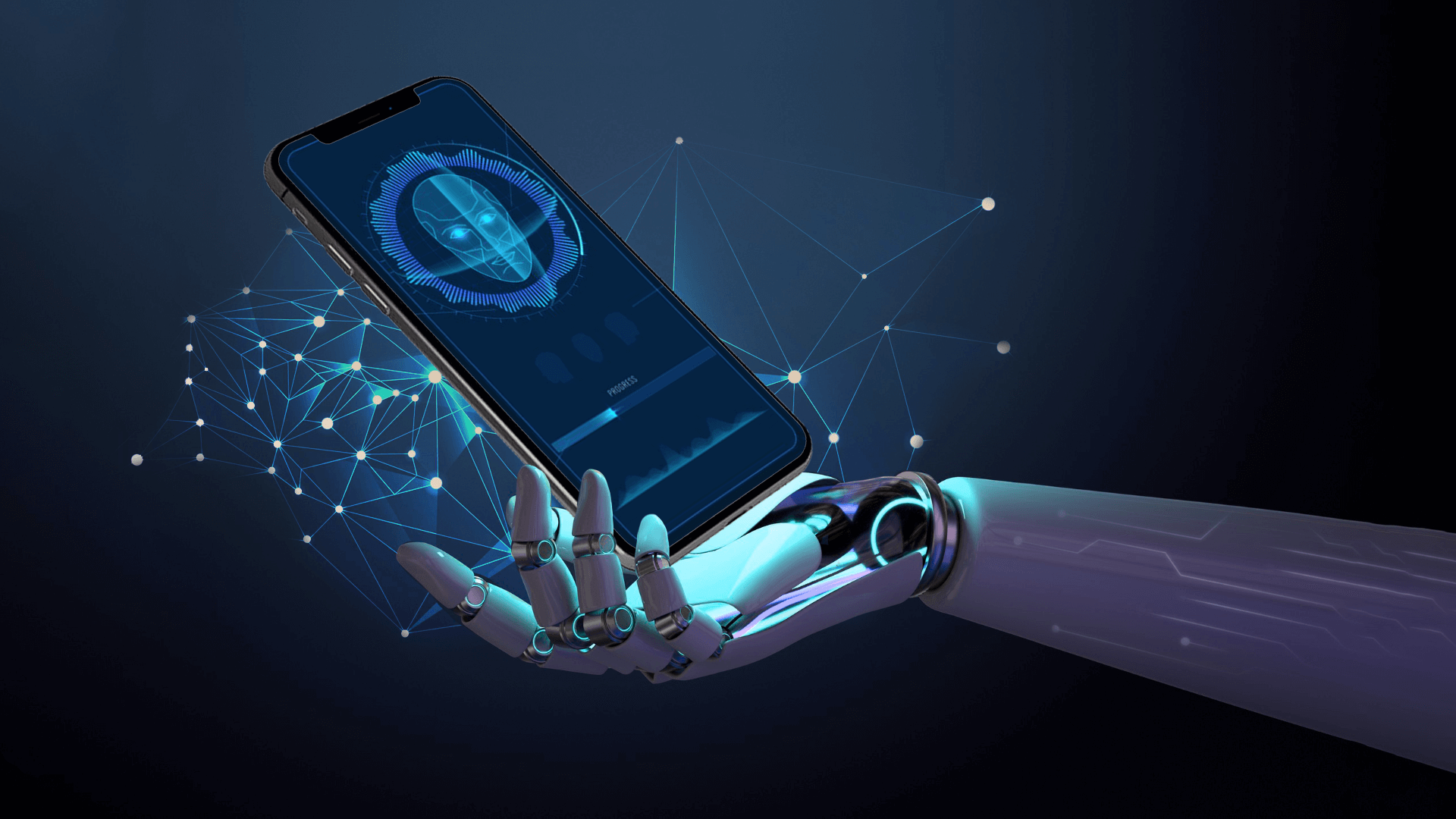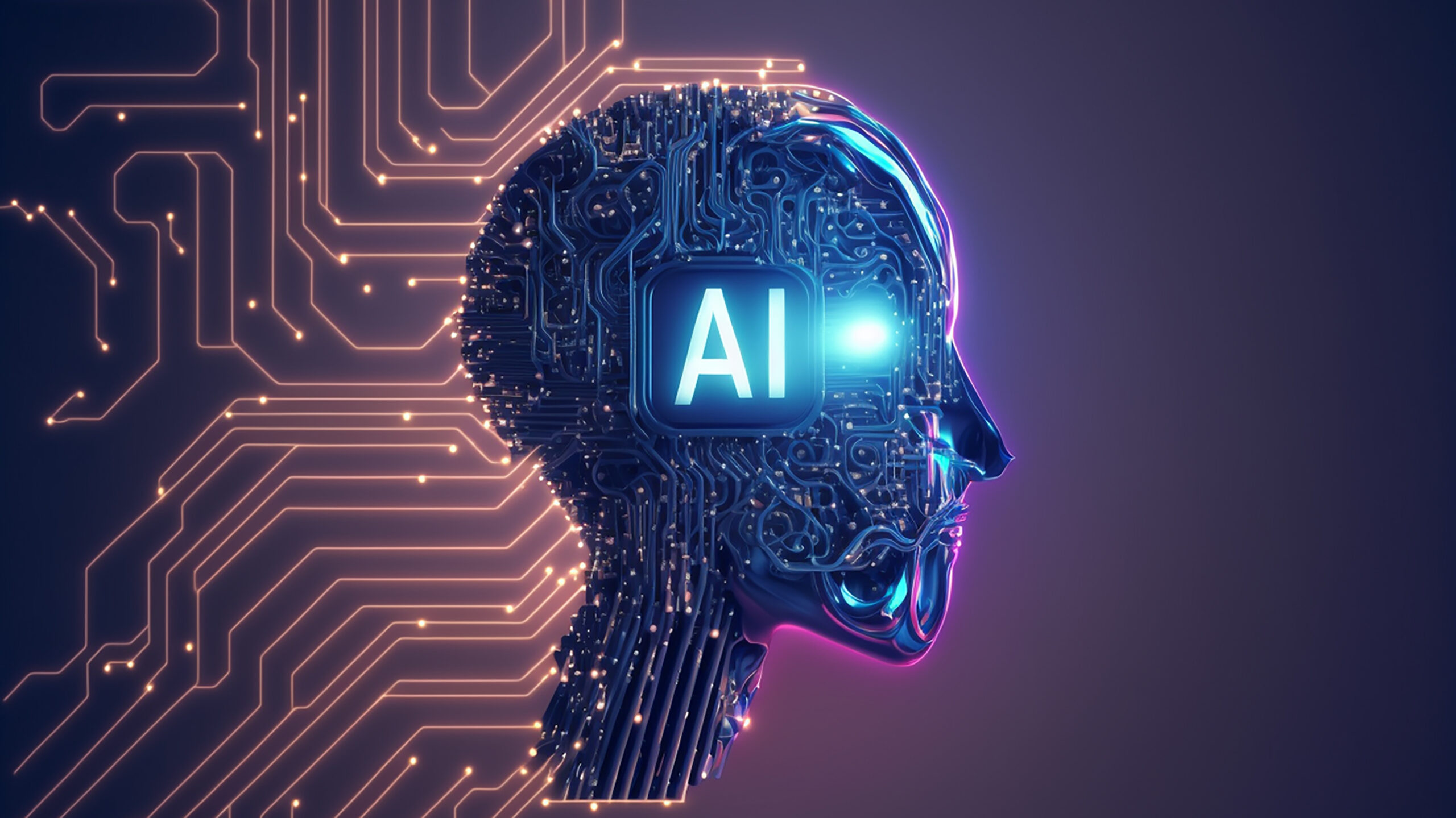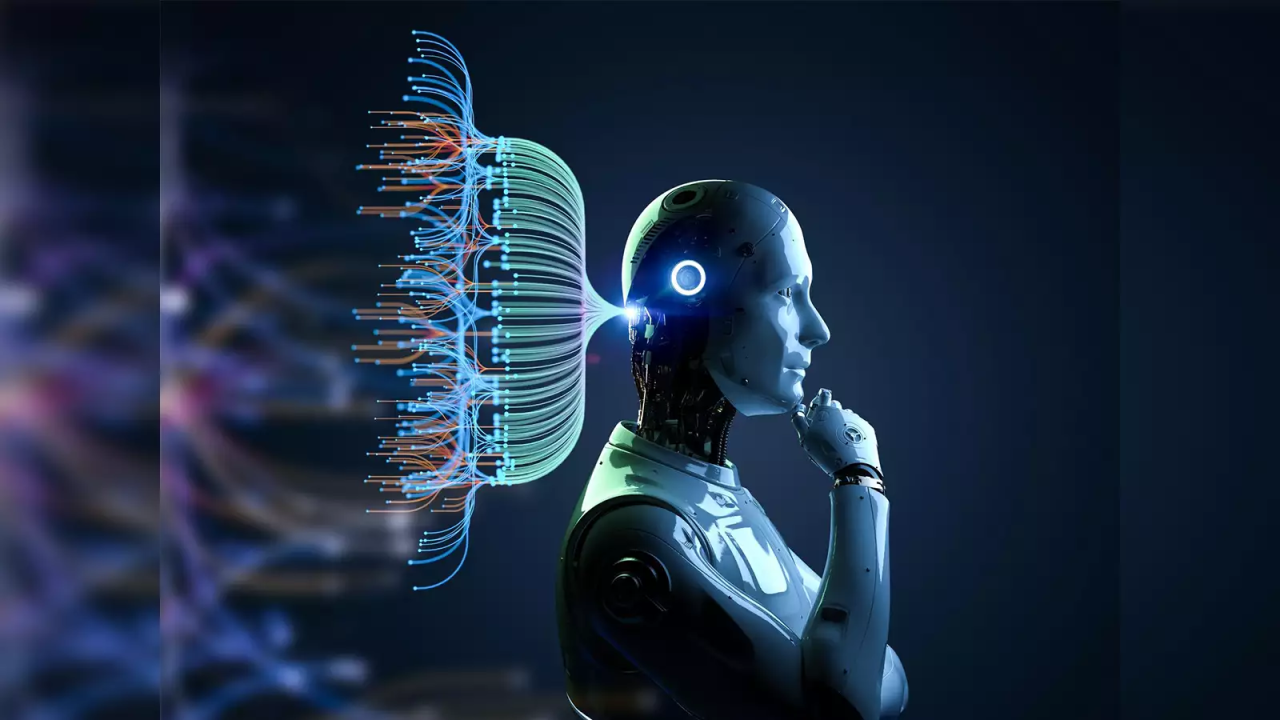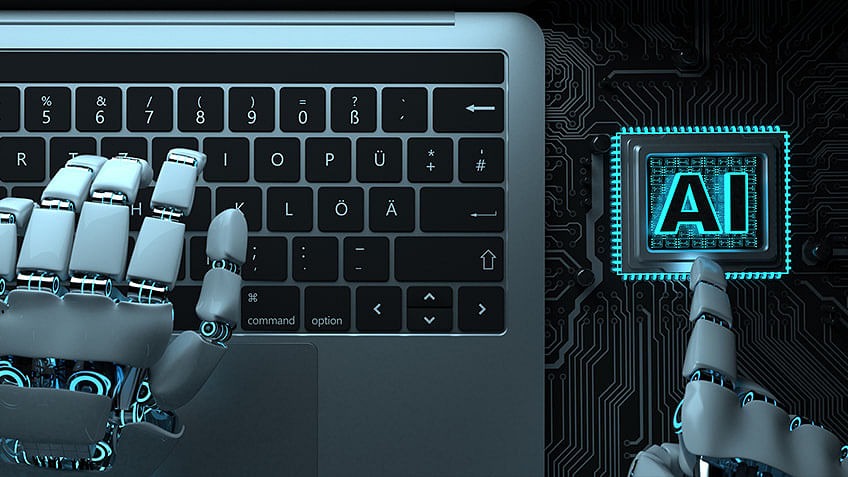The Morning Routine: Waking Up with AI
As individuals navigate their daily lives, the integration of artificial intelligence (AI) into morning routines has emerged as a transformative force. AI applications serve as personal assistants, offering tailored wake-up experiences designed to enhance the start of the day. One notable advancement in this arena is the use of smart alarm systems, which leverage AI to analyze sleep patterns. These alarms monitor the user’s sleep cycles and awaken them at the optimal moment, allowing for a more refreshing and energizing start.
Moreover, AI plays a crucial role in curating personalized news briefings. By utilizing algorithms that understand user preferences and interests, AI applications can deliver relevant news updates that align with the individual’s priorities. This functionality not only saves time but also keeps users informed, empowering them to engage with current events meaningfully. Through these AI-driven insights, people can better prepare for the day ahead and incorporate important knowledge into their daily discussions.
Another significant aspect of morning routines influenced by AI is the creation of tailored playlists. AI applications analyze music preferences and mood patterns, generating playlists that suit the listener’s emotional state upon waking. This personalized musical experience can uplift spirits and foster a positive mindset, thus setting a constructive tone for the day. The focus on mental well-being is further complemented by health insights provided by AI, which can include reminders to stay hydrated or prompts for morning exercises, augmenting overall wellness.
Furthermore, AI technologies can optimize daily schedules, taking into account travel time, appointments, and personal goals. By synthesizing this information, individuals can streamline their mornings, ensuring a more efficient use of time. As morning habits evolve through the integration of AI applications, people are increasingly likely to start their days with clarity, motivation, and a focus on well-being.
Artificial Intelligence in Work and Productivity
Artificial Intelligence (AI) has significantly transformed work habits, enhancing productivity and redefining workplace dynamics. AI applications, from task management tools to virtual assistants, play a pivotal role in streamlining workflows and facilitating effective communication among team members. For example, popular task management tools like Asana and Trello now incorporate AI-driven features that assist users in prioritizing tasks based on deadlines and project requirements, optimizing resource allocation. This not only helps in managing time effectively but also aids in reducing cognitive overload, allowing employees to focus on high-impact tasks.
Virtual assistants such as Google’s Assistant and Microsoft’s Cortana have become indispensable in daily operations. By automating routine tasks, such as scheduling meetings or sending reminders, these AI applications empower workers to devote more time to complex problem-solving and strategic thinking. Moreover, they significantly enhance collaboration within teams. For instance, tools like Slack and Microsoft Teams leverage AI to analyze communication patterns and recommend optimal message routing, ensuring that critical information reaches the right people without unnecessary delays.
AI-driven analytics also contribute greatly to productivity by offering insights that empower decision-making. By compiling and interpreting large volumes of data, these applications help managers identify trends, forecast future performance, and make informed strategic choices. The incorporation of AI into analytics tools, such as Tableau or Google Analytics, allows users to visualize data in real time, enabling quicker responses to changes in the business environment.
In a rapidly evolving workplace, the integration of AI applications not only improves individual productivity but also cultivates a culture of continuous improvement. As organizations adopt these technologies, they will further enhance efficiency, reduce errors, and foster collaboration among diverse teams. This transformative power of AI reshapes work habits and leads to a more productive and agile workforce.
AI in Health and Wellness: A Midday Boost
Artificial Intelligence (AI) applications play a transformative role in enhancing health and wellness habits, providing critical support throughout the day. Midday, when individuals often experience a dip in energy or motivation, is an opportune time for these technologies to step in and foster better habits. AI-driven fitness trackers, for instance, are equipped with sophisticated algorithms that analyze user data to recommend personalized exercise regimes. By tailoring workouts to fit individual goals and physical conditions, these applications motivate users to stay active, even during busy periods.
Nutrition apps also harness the power of AI to make meal planning more efficient and tailored. By considering dietary preferences, restrictions, and nutritional goals, these applications suggest meal options that align with users’ lifestyles. For example, a user who is following a plant-based diet can find recipes that adhere to these principles while ensuring they receive the necessary nutrients. This personalized approach not only simplifies meal maintenance but encourages healthier eating habits that can easily fit into a midday routine.
Moreover, mindfulness applications utilizing AI are proving indispensable for mental well-being. With real-time feedback capabilities, these apps can help users manage stress and anxiety during the hectic midday hours. Personalized guided meditations and breathing exercises can be suggested based on the user’s current stress levels, promoting better emotional health. The integration of AI allows these applications to refine their recommendations over time, ensuring that users receive the most effective strategies tailored specifically to their needs.
By facilitating more informed choices in fitness, nutrition, and mental health, AI applications empower individuals to cultivate habits that boost their overall well-being throughout the day. As they continue to evolve, the positive impact of AI on health and wellness will likely grow, offering even more tailored solutions for users seeking a balanced lifestyle.
Winding Down: Evening Rituals Enhanced by AI
As the day comes to an end, many individuals seek ways to unwind and prepare for a restful night’s sleep. Artificial Intelligence (AI) applications have emerged as valuable allies in establishing calming evening routines that promote relaxation and tranquility. Through smart home devices, users can greatly enhance their winding down experience, as these technologies are designed to create a serene environment conducive to restorative sleep.
Smart lighting systems, for example, leverage AI algorithms to adjust brightness and color temperature based on the time of day. As evening approaches, these systems gradually dim the lights and shift hues toward warmer tones, replicating the natural sunset and signaling to the body that it is time to wind down. Such intuitive adjustments not only enhance mood but also aid in the production of melatonin, a hormone critical for sleep regulation.
In addition to lighting, AI-controlled home temperature systems can optimize the sleeping environment. Research has demonstrated that cooler room temperatures promote better sleep quality. By utilizing AI-driven thermostats, individuals can set their ideal sleeping conditions, allowing the environment to adjust in advance of bedtime. This proactive approach ensures that the home feels comforting and inviting, free from external disturbances.
Furthermore, AI curates entertainment options that cater to relaxation preferences. Streaming platforms now employ AI-driven recommendations, presenting users with soothing music, calming audiobooks, or tranquil podcasts as they transition into a restful state. Selecting content that resonates with emotional well-being facilitates a reduced anxiety level and encourages mindfulness practices that further enhance the winding down experience.
Ultimately, the integration of AI into evening rituals signifies a noteworthy advancement in personal well-being. By fostering an atmosphere that prioritizes relaxation, these applications form a positive feedback loop, enhancing not only sleep quality but overall daily functioning. With each interaction, AI plays a vital role in guiding individuals toward healthier, restorative evenings.
